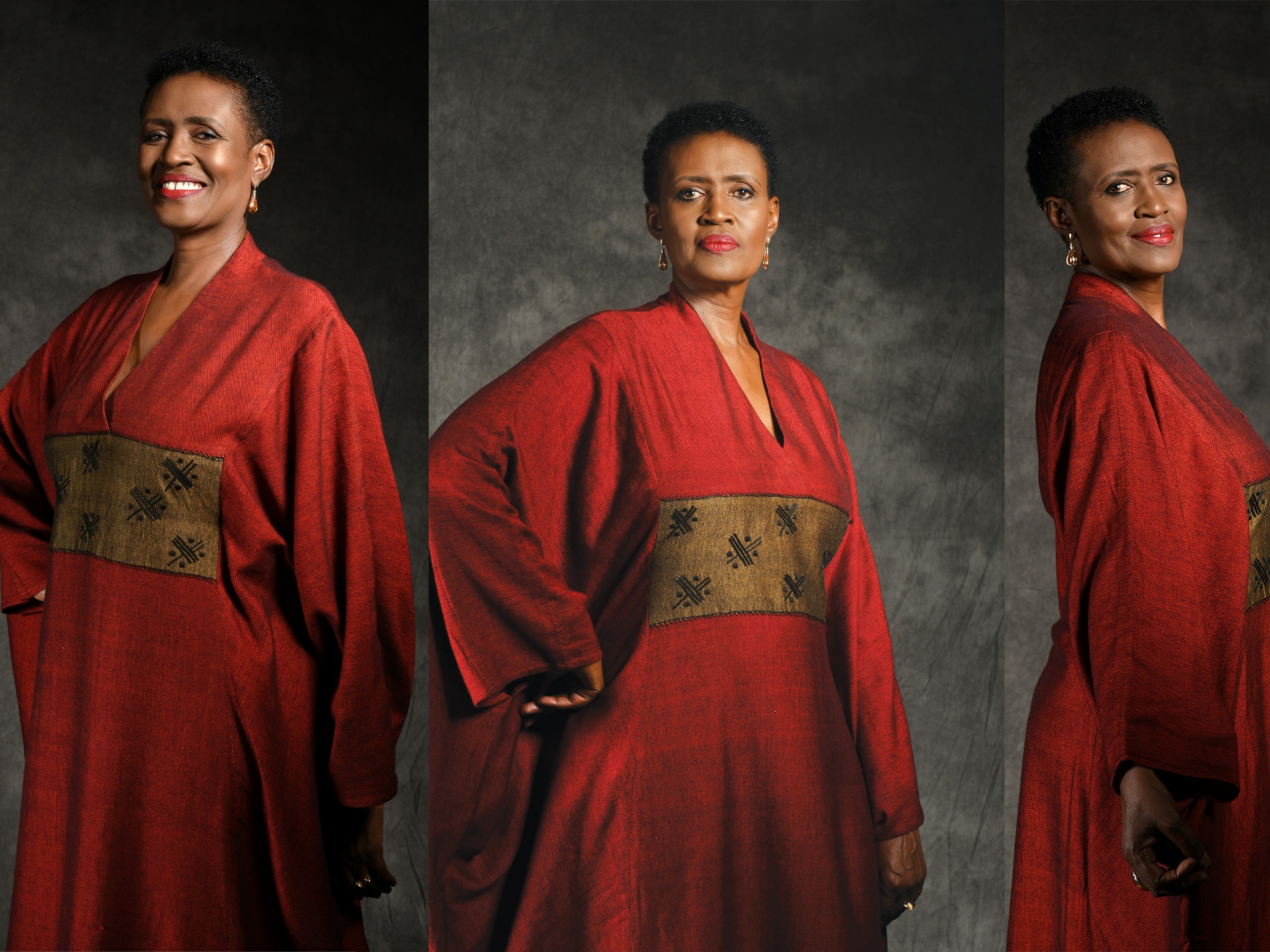BY: WINNIE BYANYIMA, EXECUTIVE DIRECTOR OF UNAIDS AND UNDER-SECRETARY-GENERAL OF THE UNITED NATIONS, ALSO NAMED ONE OF ‘AFRICA’S 50 MOST POWERFUL WOMEN’ BY FORBES AFRICA IN 2020.
The 10th birthday of FORBES AFRICA is a moment of pride, reflection, and recommitment for African women’s leadership. FORBES AFRICA has for a decade helped to shine a light on the transformational progress which African women have been
driving. Crucially, the stories which FORBES AFRICA has told of African women’s contribution have not only brought attention to the impact of women prime ministers and presidents, chairs, and directors; they have highlighted too the inspirational leadership of women who are changing lives and building power in the most important way there is – by working from the community, up.
As the pandemic has reminded us, every woman in their own power counts: the woman nurse pioneering approaches to care at the hospital, the woman trader explaining her new product at the village market, the woman community organizer who carries a megaphone in her informal settlement imparting life-saving health messaging, and many more.
When the story of the Covid crisis is recounted in the history books of our grandchildren, stories from FORBES AFRICA will help let them learn this: it was the women who got everyone through.
As well as pride, this is also a moment for reflection and recommitment.
Whilst women’s leadership is increasingly seen, it remains socially undervalued. Whilst the contribution of unpaid care work has never been more visible, it remains unrewarded and overwhelmingly carried by women. Progress in tackling HIV has been knocked back by the fallout from the Covid crisis, especially impacting women. Five in six African adolescents newly acquiring HIV are girls. Adolescent girls and young women in Africa remain most at risk of missing out on education. Gender-based violence has surged in the pandemic. Yet as countries struggle with the fiscal challenges exacerbated by the Covid crisis, often the sectors that are suffering the biggest budget cuts are those on which women most depend.
It is not only Covid and HIV that Africa needs to recover from. We need to recover from the inequalities – between men and women, between Africa and the rest of the world, between dominant and marginalized communities, between the elite and the majority – which hold back our enormous potential. How can we reform unjust exclusionary laws? How can we deliver on the promise of school completion for every girl and boy? How can we ensure health for all – including sexual and reproductive health for all? How can we build a prosperity that is widely shared? In the face of the colliding crises, it has become clear that we need bold new approaches to how we survive and thrive.
Thankfully, the answers are being articulated by African women leaders; thankfully, too, FORBES AFRICA is helping ensure that their voices are heard.
Women leaders, particularly young women, when given space to share their creativity, will show how to build societies able to overcome any crisis and to unleash the potential of all.
Happy birthday FORBES AFRICA!
